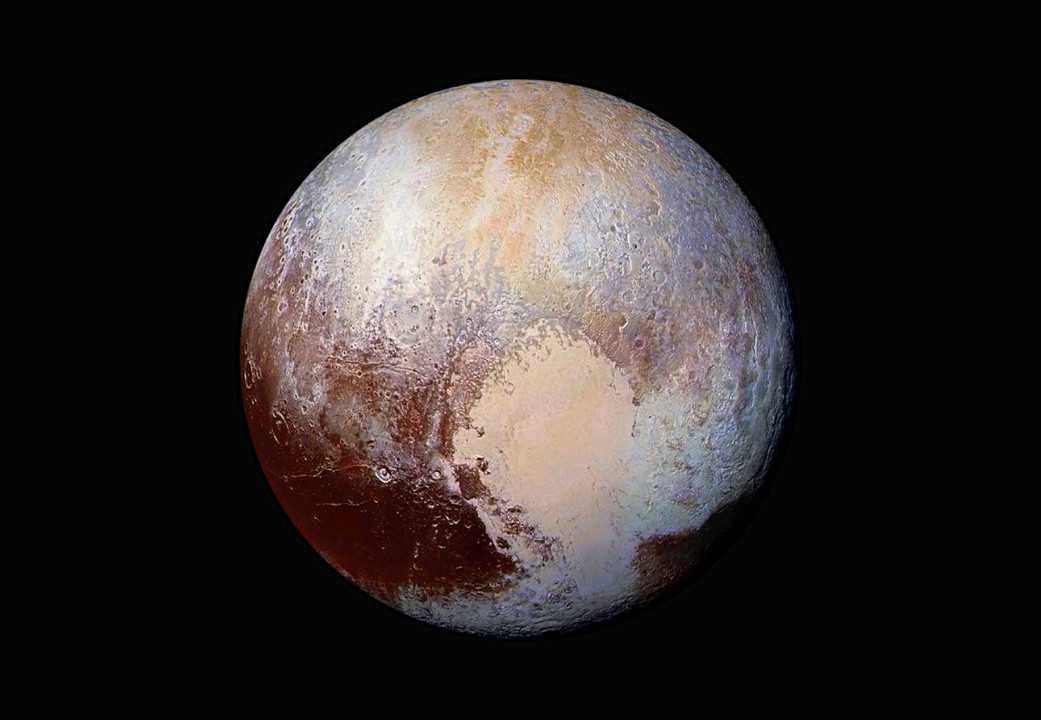Frigid dwarf planet Pluto may have started out its life as a hothead
24 June, 2020

Pluto, a frigid little universe inhabiting the solar system's outer reaches, may have been born as a warmer place sheltering a subsurface ocean that even now exists today, experts said on Monday.
An analysis of images of its surface used 2015 by NASA's Brand-new Horizons spacecraft and computer simulations of the dwarf planet's interior led the researchers to propose a "hot start" scenario for Pluto's formation some 4.5 billion years back as the solar system, including Earth, took shape.
"When Pluto was forming, new material could have been coming in and impacting its surface. Each impact is similar to an explosion that could warm the nearby area," explained University of California Santa Cruz planetary scientist Carver Bierson, lead author of the research published in the journal Aspect Geoscience.
"If Pluto shaped slowly, the top would cool between each affect and generally stay cold. If Pluto formed quickly, you have effect on top of impact and the surface does not have time to nice. We calculate that if Pluto produced in under 30,000 years, heat from these impacts could have been ample to lead to an early ocean," Bierson added.
Pluto, orbiting sunlight about 40 times beyond Earth in an area called the Kuiper Belt, may own a great icy outer shell a huge selection of miles (km) heavy atop an ocean of water perhaps mixed with salts and ammonia, with a good rocky main below, Bierson said.
Under this scenario, elements of the sea would gradually freeze as time passes. Water expands since it freezes, and cracks on Pluto's surfacing could be proof this. Pluto's surface temperatures is approximately minus 480 degrees Fahrenheit (minus 230 degrees Celsius).
Because water is known as a vital ingredient for life, a subsurface ocean will make Pluto a long-shot prospect for harboring living organisms.
"Water could have been interacting chemically with the rocky main beneath the ocean, giving you more chemical ingredients to utilize," Bierson added. "Happen to be those the right ingredients forever? We don't understand. We have to learn more about how life varieties, or how life can form, to locate these answers."
Source: www.thejakartapost.com
TAG(s):
